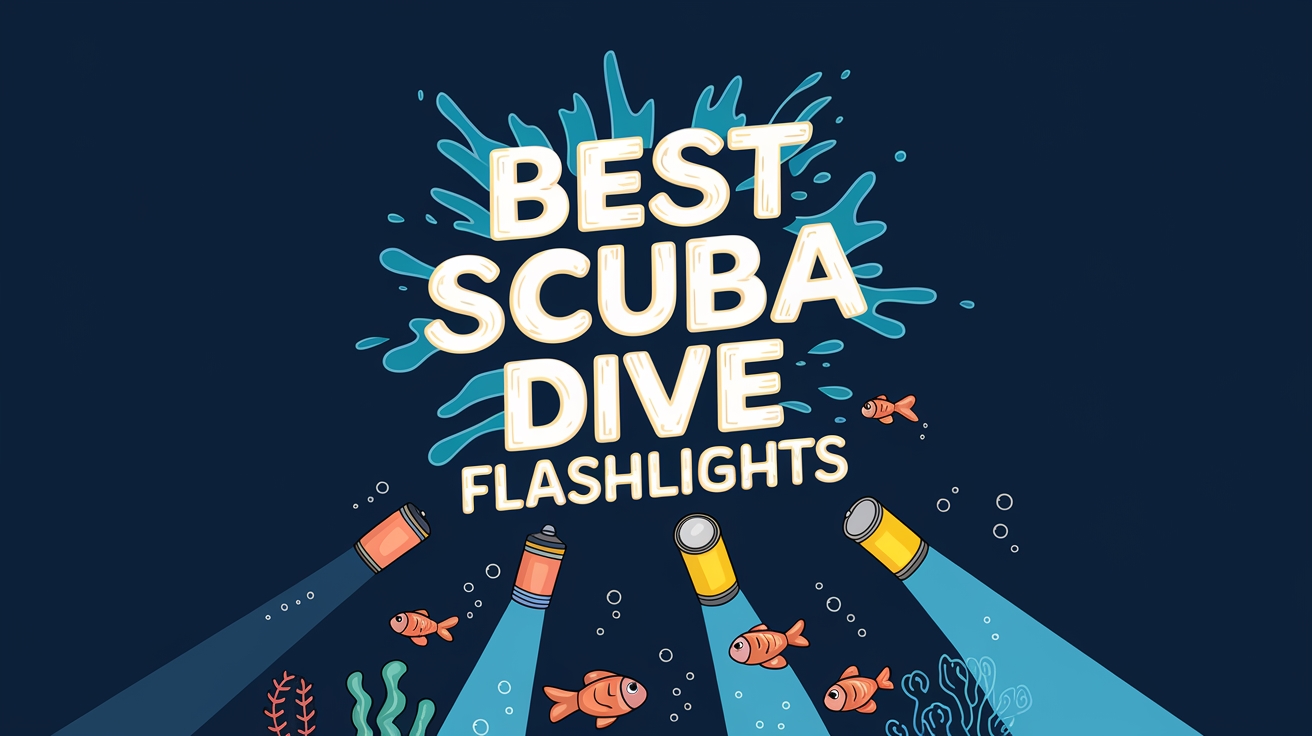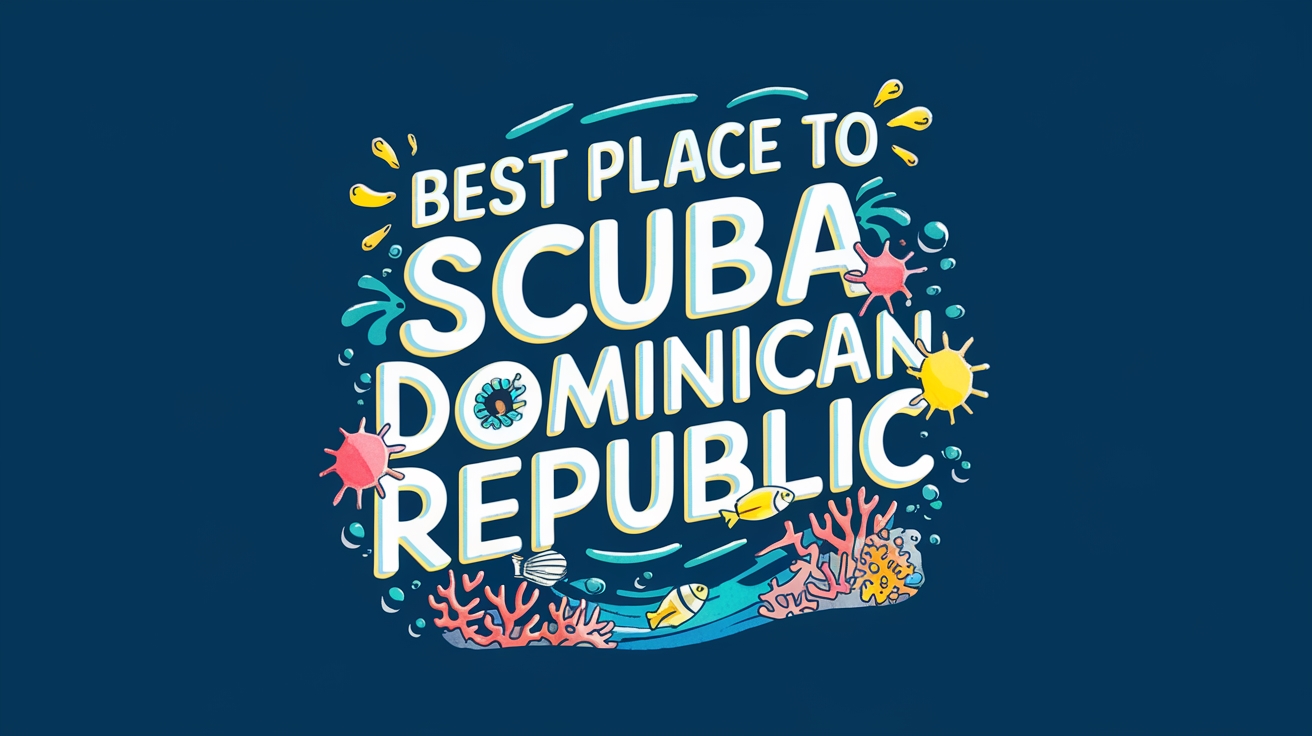Exploring the underwater world through diving opens up many opportunities, but understanding your depth limits as a beginner is important for safety and enjoyment. While experienced divers may go deeper than 100 feet, newcomers should approach depth progression carefully and be aware of their skill level. The connection between depth, pressure, and the human body presents unique challenges that every new diver needs to grasp. From ear equalization to air consumption, mastering these basic concepts is key to successful early diving experiences and lays the groundwork for future underwater adventures.
Key Takeaways
- Beginners should dive between 30-40 feet (9-12 meters) for their first experiences to gain confidence and skill.
- The deepest recommended limit for new divers is 60 feet (18 meters), with a slow increase to deeper waters.
- Water pressure increases significantly every 33 feet (10 meters), so it’s important to use proper techniques for equalizing to avoid discomfort.
- Air usage increases at deeper levels, doubling at 33 feet and tripling at 66 feet, making it important to manage air supply effectively.
- Keeping an eye on the depth gauge and maintaining neutral buoyancy are key safety habits for novice divers.
Understanding Water Pressure
As a swimmer goes deeper underwater, they encounter rising water pressure, which affects their body and gear. For every 33 feet (10 meters) of descent, pressure increases by one atmosphere. This means that at 33 feet deep, a diver feels twice the pressure compared to the surface.
This pressure influences the air spaces in the body, such as the lungs, sinuses, and middle ear. Divers must equalize these areas during their descent using techniques like the Valsalva maneuver to avoid discomfort or injury. Additionally, the increased pressure reduces the volume of air in a diver’s tank, leading to faster air consumption at greater depths.
Being aware of water pressure is important for managing dive limits, as nitrogen absorption rises with depth. New divers should start by limiting their dives to 40 feet (12 meters) to learn buoyancy and pressure management. This cautious approach aids in preventing pressure-related issues while building confidence and experience for deeper explorations.
Safe Depths for First Dives
Understanding water pressure is important for setting depth limits for beginner divers. Most diving certification organizations suggest that novice divers remain at depths of 30-40 feet (9-12 meters) during their first dives. This range allows them to practice essential skills while keeping air usage within safe limits.
The general consensus in the diving community is that 60 feet (18 meters) is the maximum depth for newly certified divers. However, instructors often advise their students to gain experience slowly before reaching this depth. At these levels, nitrogen absorption is manageable, visibility is usually good, and emergency ascents can be performed more safely. Additionally, light conditions at these depths are favorable for underwater photography and observing marine life.
Before attempting deeper dives, beginners should log several experiences in shallower waters, refine their buoyancy control, and demonstrate good air management. Many dive operators maintain these depth limits for new divers, as gaining confidence and skill at shallower depths leads to more capable divers for future explorations.
Air Consumption at Depth
Understanding air consumption rates is important when diving at greater depths. As divers go deeper, the surrounding water pressure compresses the air they breathe, causing them to use their tank supply more quickly than at the surface. At 33 feet (10 meters), divers breathe twice as much air compared to shallower depths, and at 66 feet (20 meters), the consumption triples.
To effectively manage air use, divers should frequently check their pressure gauges and be aware of their personal air consumption rate, known as Surface Air Consumption (SAC). Factors that influence SAC include fitness level, diving experience, water temperature, and activity level underwater. Beginners often use air more quickly due to excitement and less efficient breathing.
Good air management involves taking slow, deep breaths, maintaining neutral buoyancy, and reducing unnecessary movement. Divers should plan their dives using the “rule of thirds”: one-third of the air for going out, one-third for coming back, and one-third reserved for emergencies. This cautious approach ensures that enough air is available throughout the dive, especially when exploring deeper waters.
Signs of Depth-Related Problems
Recognizing depth-related issues early is essential for diving safety. Divers should be alert for warning signs that indicate possible problems during their descent and underwater exploration. Common indicators include tingling in the fingers or lips, unusual tiredness, confusion, or difficulty with basic tasks.
Nitrogen narcosis, often referred to as “rapture of the deep,” has specific symptoms that divers should watch for. These may include a sense of euphoria, slower reaction times, poor decision-making, and an inflated sense of safety. If experiencing these symptoms, divers should signal their buddy and begin a controlled ascent to shallower water.
Physical discomfort, such as ear pain or sinus pressure, requires immediate attention and proper equalization techniques. Divers who notice increasing breathlessness, dizziness, or narrowed vision should also take action by ascending slowly. Additionally, be aware of signs of decompression sickness, such as joint pain, skin rashes, or unusual fatigue during or after the dive. A safety-minded diver keeps track of their depth gauge, dive computer readings, and physical sensations throughout the dive.
Equalizing Your Ears
Equalizing your ears is an essential skill that helps avoid problems related to pressure changes. As you go underwater, the increasing water pressure affects the air spaces in your ears, so it’s important to equalize regularly for comfort and to prevent injury. The most common method is the Valsalva maneuver, where you gently pinch your nostrils closed and exhale against them.
Start equalizing before you feel any discomfort, ideally from the surface and then every few feet during your descent. It’s best to equalize often and with gentle pressure. Other techniques include swallowing, moving your jaw, or using the Toynbee maneuver, which involves pinching your nose and swallowing at the same time.
If you find it hard to equalize, stop your descent and go up a little until the pressure feels normal. Avoid going deeper if you feel ear pain, as this can lead to barotrauma or damage to your ear. A slow descent rate of about one foot per second gives you enough time to equalize properly, ensuring a comfortable and safe experience underwater.
Planning your Dive Profile
A well-structured dive plan acts as your guide for a safe underwater experience, especially as a beginner. When preparing for your dive, consider various factors such as depth limits, bottom time, and air usage, which shape your adventure.
For new divers, sticking to conservative depth limits and adhering to safety guidelines helps build confidence and enhances enjoyment. Keep these key points in mind when planning your dive:
- Determine your maximum depth based on your certification level, usually around 18 meters (60 feet) for open water divers.
- Keep track of your no-decompression limits using dive tables or a dive computer.
- Plan for air usage to ensure you have enough reserve for safety stops.
- Take into account environmental factors, such as currents, visibility, and water temperature.
- Schedule safety stops at 5 meters (15 feet) even on no-decompression dives.
A dive computer is helpful for monitoring these aspects in real-time, but it’s important to understand the basics of dive planning. Always write down your intended dive profile before entering the water, and discuss it with your dive buddy to ensure clear communication and enhanced safety during the dive.
Buddy Communication Below Surface
Once underwater, effective communication between dive partners is essential. Since talking isn’t possible at depth, divers must use a variety of hand signals to share important information, status updates, and any issues that may arise.
Common hand signals include basic directions, depth checks, and air supply assessments. The “OK” sign, made by forming a circle with your thumb and forefinger, is widely used to indicate that everything is fine or to agree on something. Emergency signals, like a flat hand across the throat to show an “out of air” situation, need to be recognized and acted upon immediately by your buddy.
In addition to hand signals, dive partners may use underwater slates, light signals, or tank-banging methods for specific situations. Many dive teams create their own signals for common situations they face, but these should always work alongside standard signals. Keeping regular visual contact with your buddy ensures that all signals are seen, which enhances safety and contributes to a better underwater experience through teamwork.
Basic Scuba Safety Rules
Scuba diving safety revolves around three key principles: never dive alone, always be aware of your depth and air supply, and stay within your diving limits.
Following essential safety rules helps divers stay in control while exploring underwater. In addition to the core principles, divers should adhere to established guidelines that ensure their safety and enhance their diving experience. With proper training and regular practice, these rules become second nature.
- Conduct a thorough equipment check before diving, including regulators, buoyancy control device (BCD), and air pressure.
- Regularly monitor your depth gauge and remain within your certification limits.
- Maintain neutral buoyancy to protect marine life and save energy.
- Ascend slowly at a rate of 30 feet per minute or slower to avoid decompression sickness.
- Plan your dive and dive your plan, including safety stops and emergency protocols.
These safety practices are fundamental to responsible diving. When paired with adequate training and certification, they enable divers to explore underwater environments safely. Each rule is a result of lessons learned from past diving experiences.
Monitoring Dive Instruments
Monitoring your diving instruments can significantly impact your safety during a dive. Your dive computer, depth gauge, compass, and pressure gauge provide important information that needs regular attention throughout your underwater experience. Checking these instruments every few minutes helps you stay aware of your depth, air supply, and location.
The pressure gauge, which shows your remaining air, should be watched closely, especially as you go deeper. Your dive computer tracks your depth, bottom time, and decompression needs while monitoring nitrogen absorption. The compass is essential for navigation, particularly in low visibility or when moving away from your entry point.
Establish a routine for checking your instruments, similar to how you would check mirrors while driving. Start with your pressure gauge, then check your depth indicator, followed by your dive computer, and finish with your compass. This methodical approach ensures you don’t overlook important details and helps make instrument checks a natural part of your diving experience.


